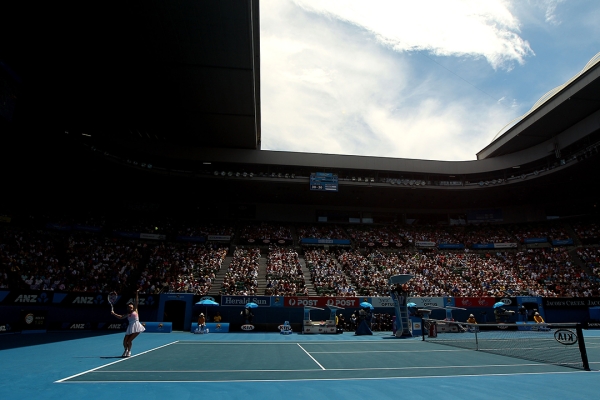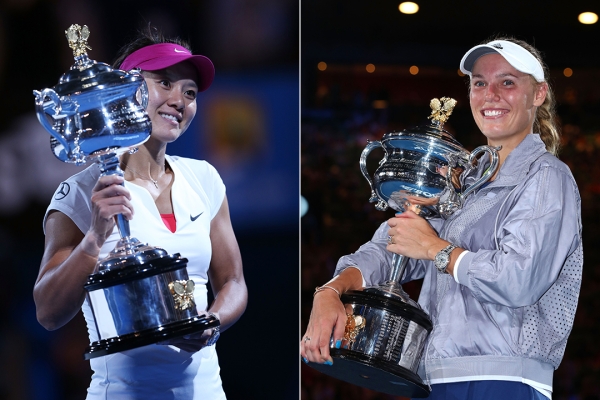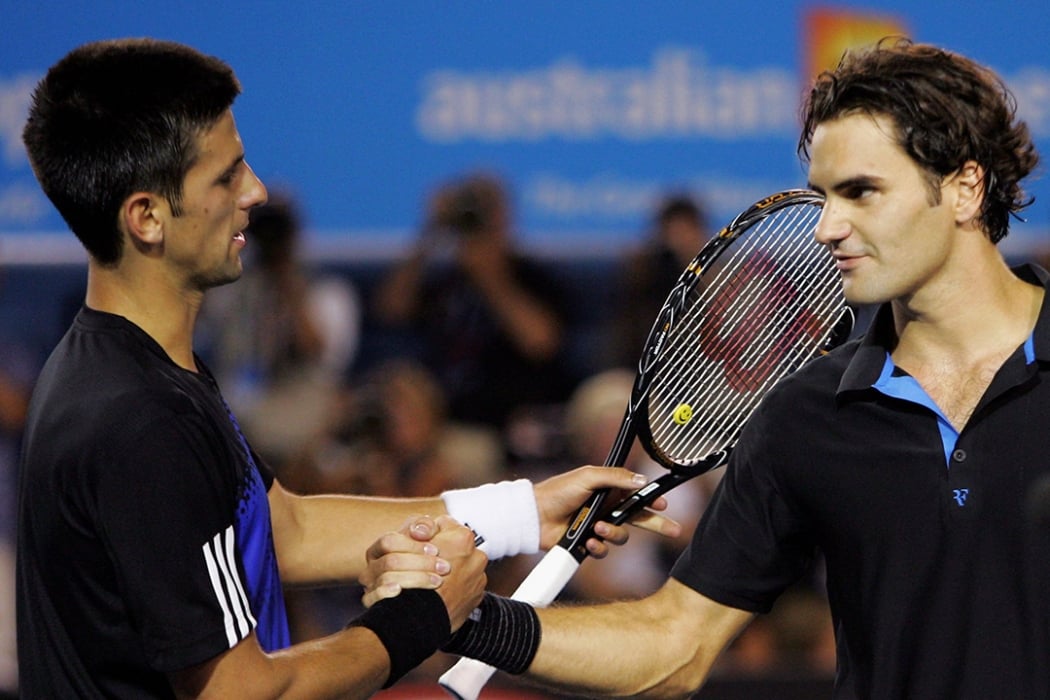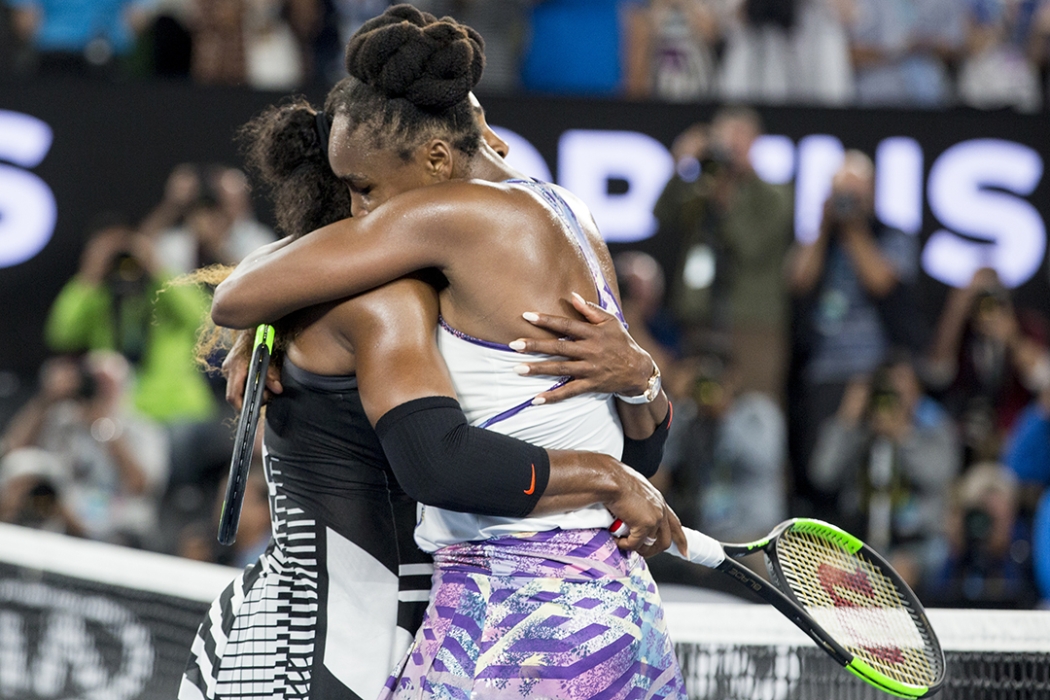Li Na’s international sports profile was growing steadily, but it exploded thanks to her run at Australian Open 2011.
The Chinese talent advanced to her first Grand Slam final in dramatic fashion, boldly saving a match point to wrest the contest away from world No.1 Caroline Wozniacki at Rod Laver Arena.
You can watch how it unfolded on the Australian Open YouTube channel, with this semifinal the latest full match to be added to the channel, and more to follow each week.
Momentum in Li’s professional career had been building, as had her record in Australia. She notched her first major semifinal at AO 2010, beating Venus Williams in the quarters before falling to Serena Williams – a run confirming her top-10 debut.
She ended that season ranked 11th, but her form in early 2011 belied that position. She won the Sydney International – beating Kim Clijsters in the final – and entered her match-up with Wozniacki on a 10-match winning streak, winning her past 16 sets.
Wozniacki, who’d lost to Li in the fourth round of Australian Open 2010, was wary.
“I know that she can play very good tennis; but I can too,” said Wozniacki, who had recovered from 6-3 3-1 down to beat Francesca Schiavone in the quarterfinals.
“It's just a matter of who wins the most important points in that match.”
That player, it turned out, was Li.
Australian Tennis Magazine editor Vivienne Christie distinctly remembers the match for its athleticism and tension.
She also felt the result said more about Li’s resilience than it did any Wozniacki fragility.
“It was one of those matches where the fans really settled in and really, intently, watched it, if that makes sense,” said Christie, who delved into this contest in her magazine coverage of the 2011 women’s tournament.
“Obviously Wozniacki had match point, but there was always the sense it could still go either way, as it ultimately did.
“I think the quality of the match, and the sense that anything could happen in it, was really special for anyone who was there.”

Wozniacki may have been the world’s top-ranked player, but she was hardly established in the position. Just 20 years of age – almost a decade younger than Li – she had only earned the top ranking three months earlier and was competing for the first time at a major as world No.1.
Appearing in her first AO semifinal, she built a 6-3 5-4 lead, served for the match, and arrived at 40-30, one point away from a place in the final.
The match seemed destined to end in straight sets, but as Christie noted, it felt tighter than scores suggested. It had already spanned 90 minutes when Wozniacki reached match point, and their stylistic contrast – Wozniacki’s movement and consistency countering Li’s power and aggression – made it an absorbing watch.
But the dynamic shifted at that critical juncture; match point was where Li eliminated her costly unforced errors and began hitting through Wozniacki’s defences.
She escaped, breaking Wozniacki to level scores at 5-5. She won a third straight game as Wozniacki double-faulted on Li’s set point. And in the third, Li scored a crucial break to edge ahead 5-3.
When it was her turn to serve for the match, she completed the task.
A star was born, with Li becoming the first Chinese player in history to reach a Grand Slam final. And she captured even more hearts with her on-court interview that followed – one of the more hilarious you will see.
She ultimately lost to Clijsters in a high-quality three-set final, but five months later, she was a Grand Slam champion herself, triumphing at Roland Garros in a final watched by more than 100 million people in her homeland.
The Chinese tennis boom had begun.
"Li Na was such a great character, she was such a charming player. But I think in some ways that almost masked how tough she was, as well,” Christie said.
READ MORE: The return of Caroline Wozniacki
AO JOURNEYS: Li Na's time arrives in 2014
"Obviously the Australian Open is known as the Grand Slam of Asia-Pacific and I think she always felt a real connection with this tournament. It brought out the best in both her tennis, and in her personality and character. It just seemed to suit her all round.
"What I remember (from this moment) was just the excitement and the pride of her being the first Asian woman to contest a Grand Slam singles final. The impact was huge.
“It was such a defining time in her career.”
While neither Li or Wozniacki left Melbourne Park as the winner in 2011, both would ultimately become Australian Open champions.

For Li, it was three years later, after another three-set loss in the 2013 final to Victoria Azarenka. Her subsequent win over Dominika Cibulkova in the 2014 finale earned her a second major title. A month later, she peaked at world No.2, but by September she was gone, retiring at age 32.
Wozniacki’s time came in 2018, a title run perhaps driven by the sting of that 2011 defeat.
“It feels great to be back here in the semifinals. It's been a few years. Last time… I had match points against Li Na. I lost it. That's still haunting me till this day,” Wozniacki admitted after beating Carla Suarez Navarro in the 2018 quarterfinals.
“I usually forget matches and I don't remember playing certain people… but that one is one that I remember very well. I went back on the practice court. I never do that after going far in a tournament and losing after a tough battle. I usually take a day off the next day. Just needed to get some frustration out.
“I went on a roll after that and won a bunch of tournaments in a row. At the same time it was still that one match that was still hurting.
“So I'm hoping for a different result this time.”
Wozniacki subsequently beat Elise Mertens in the semifinals, and in her first AO final, overcame Simona Halep in a physically and emotionally draining three-set thriller.
With her long-awaited first Grand Slam singles title, she returned to world No.1.

